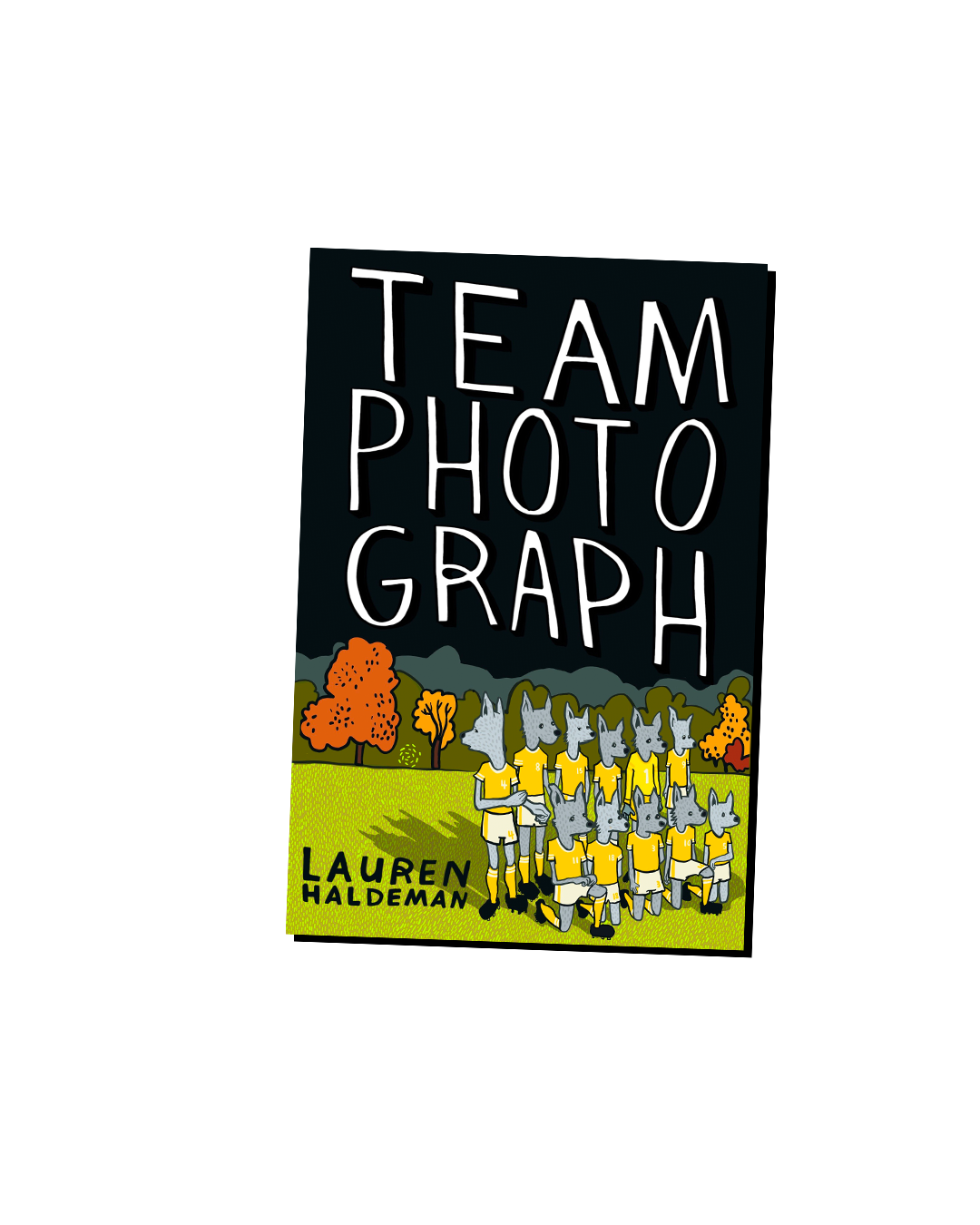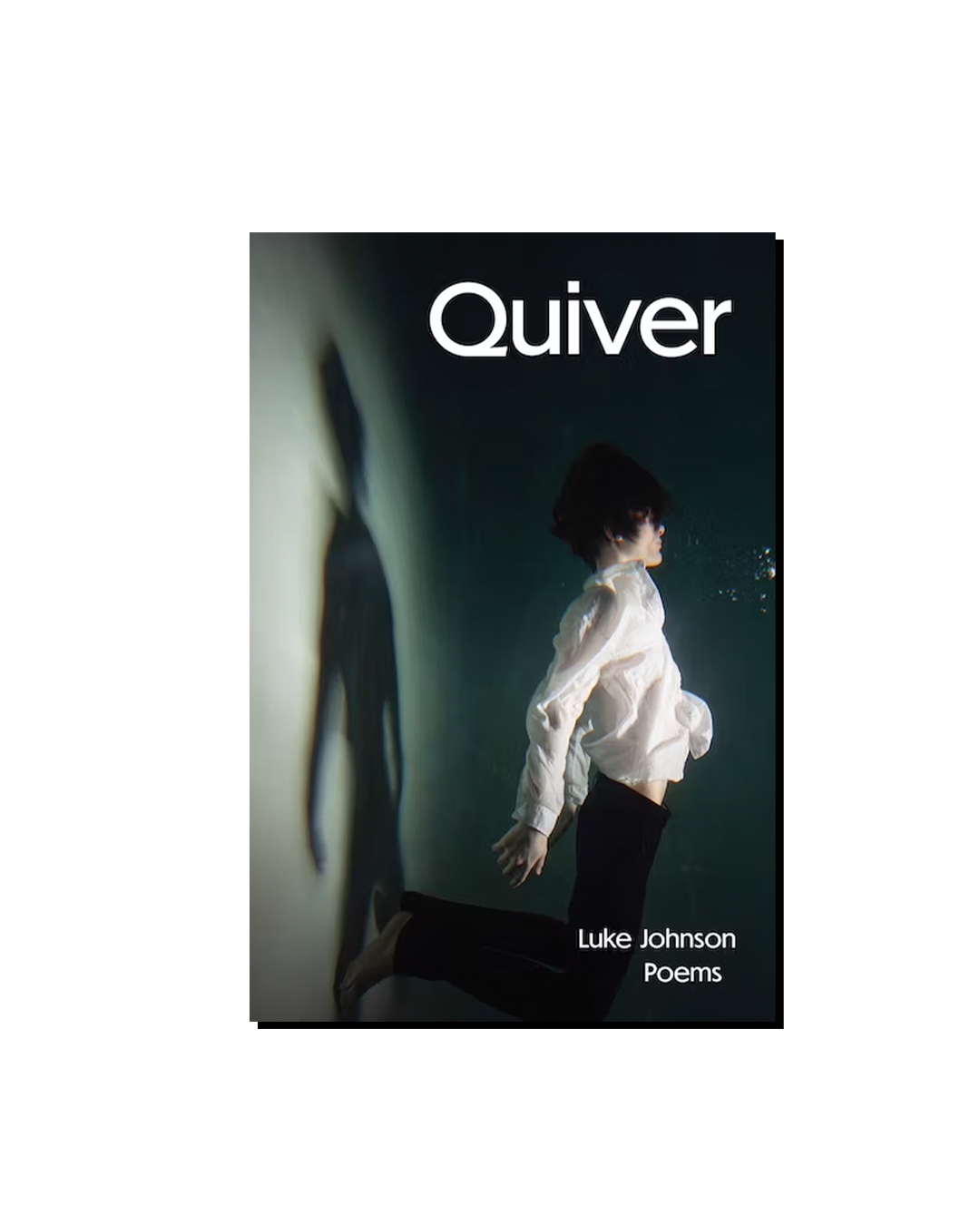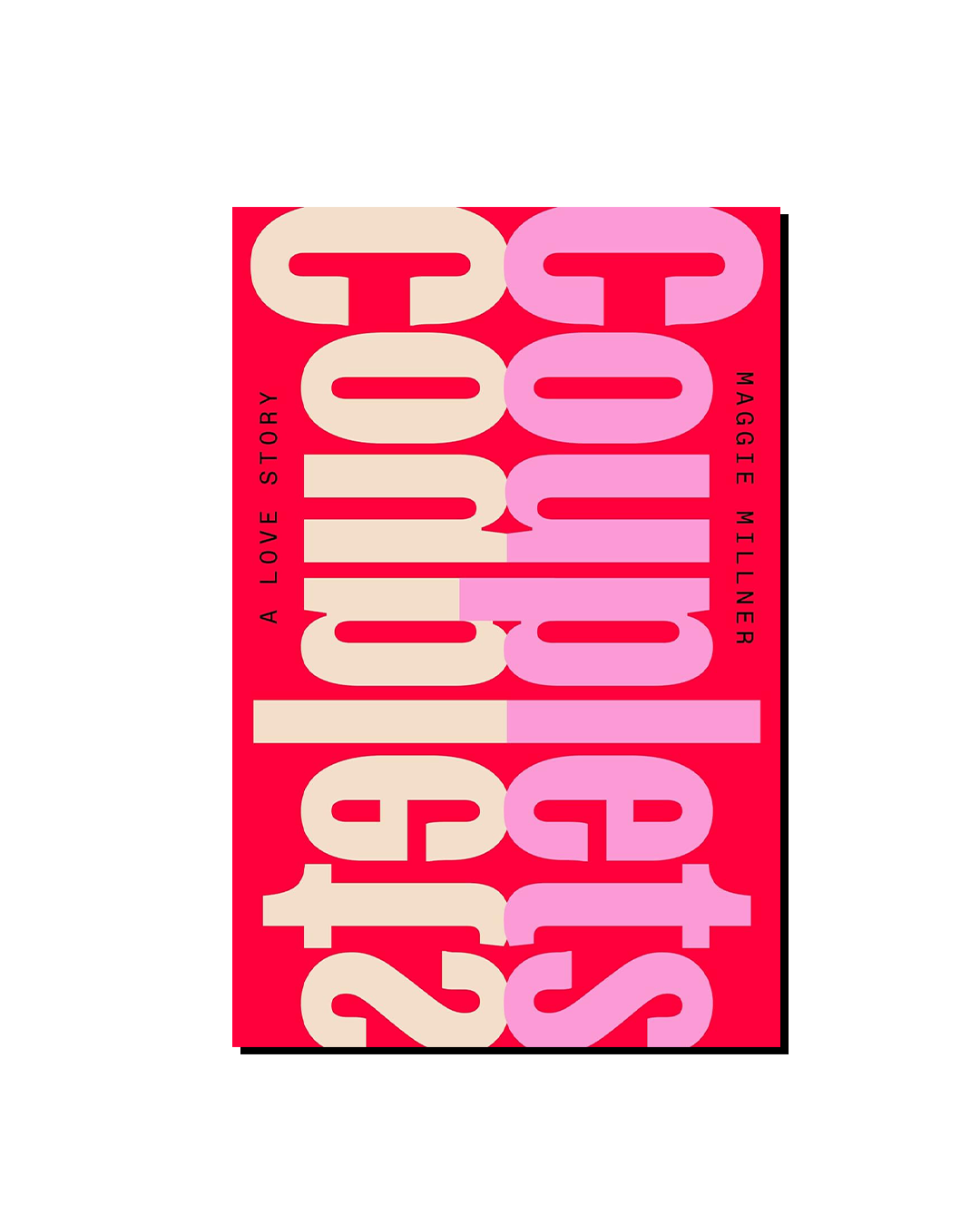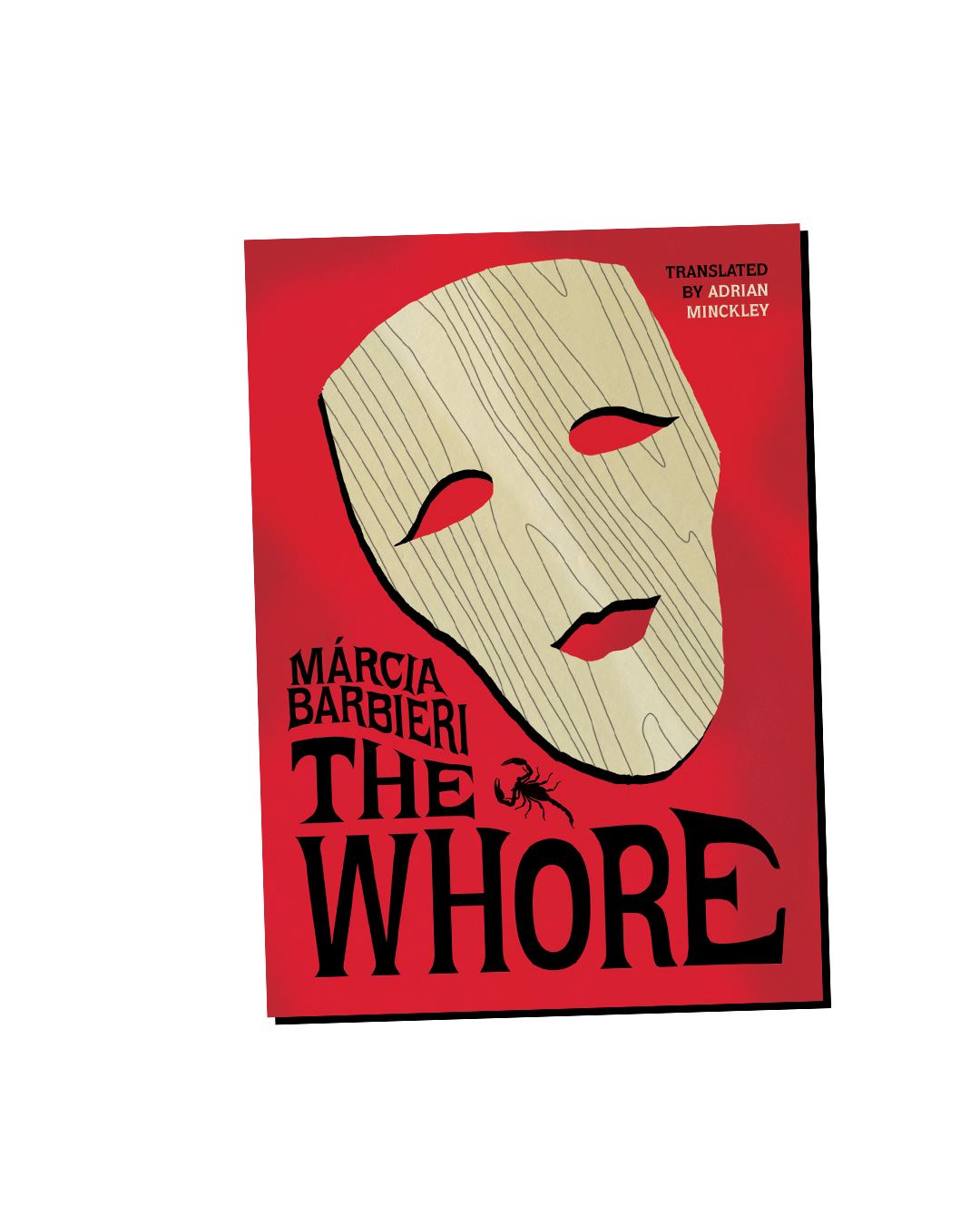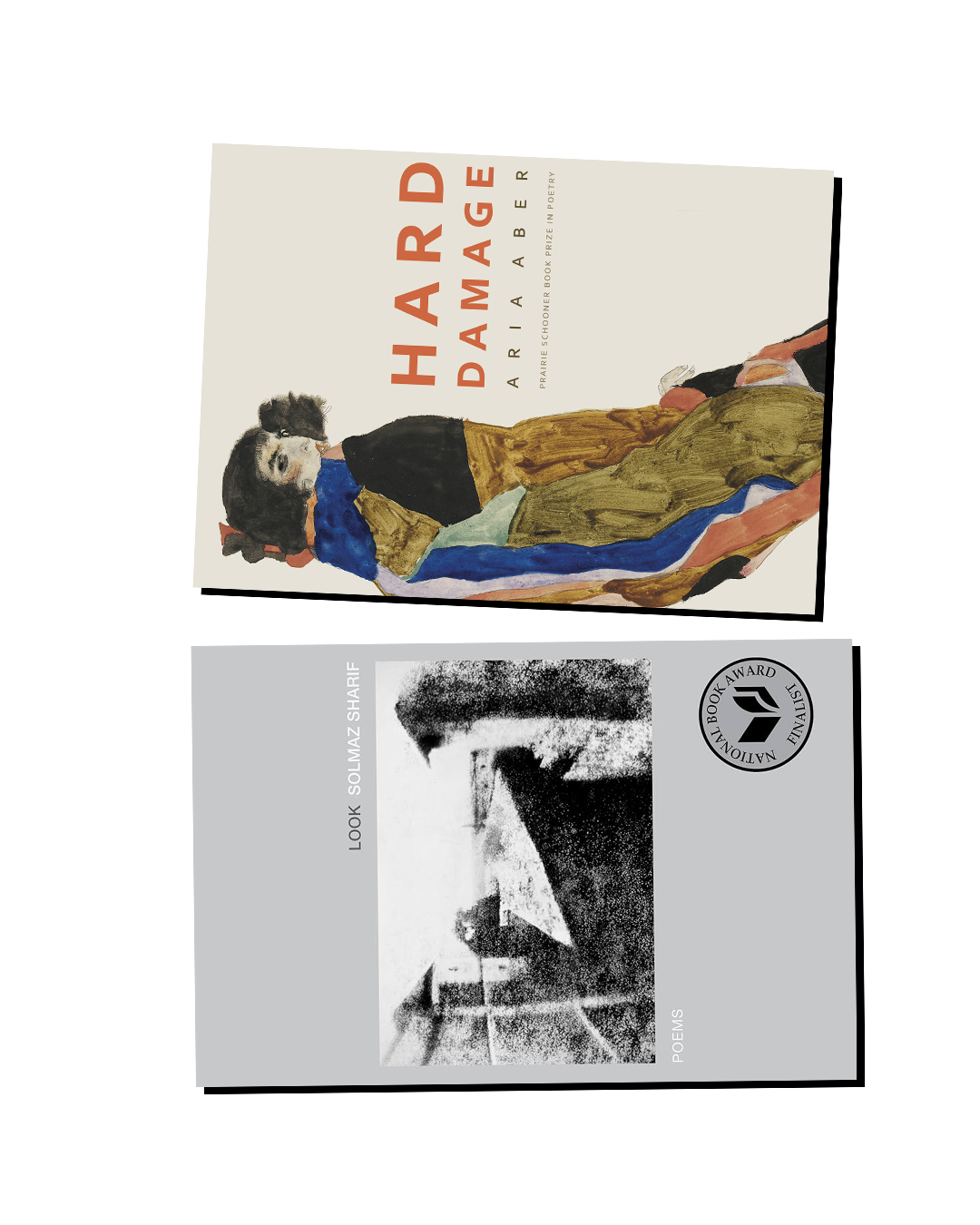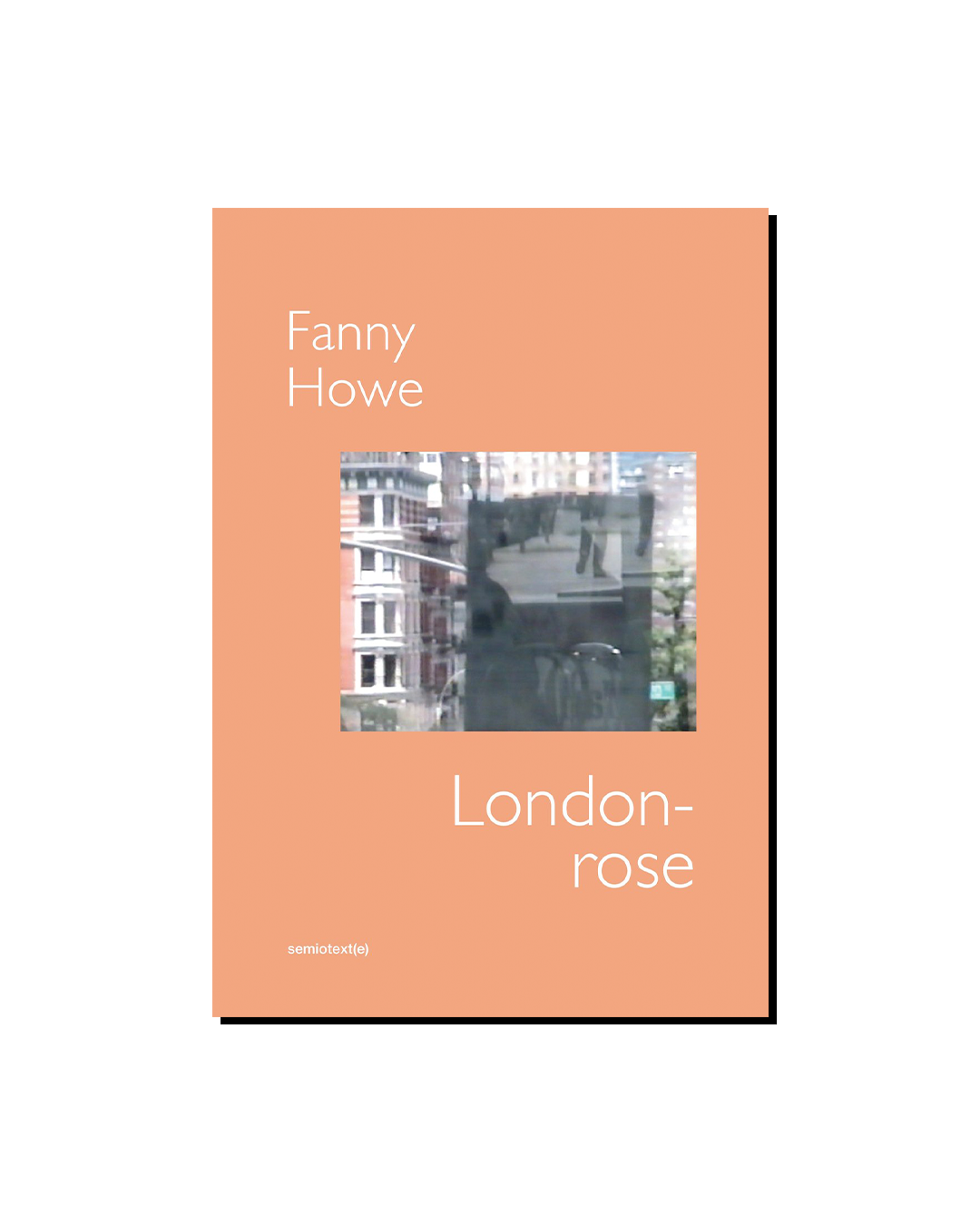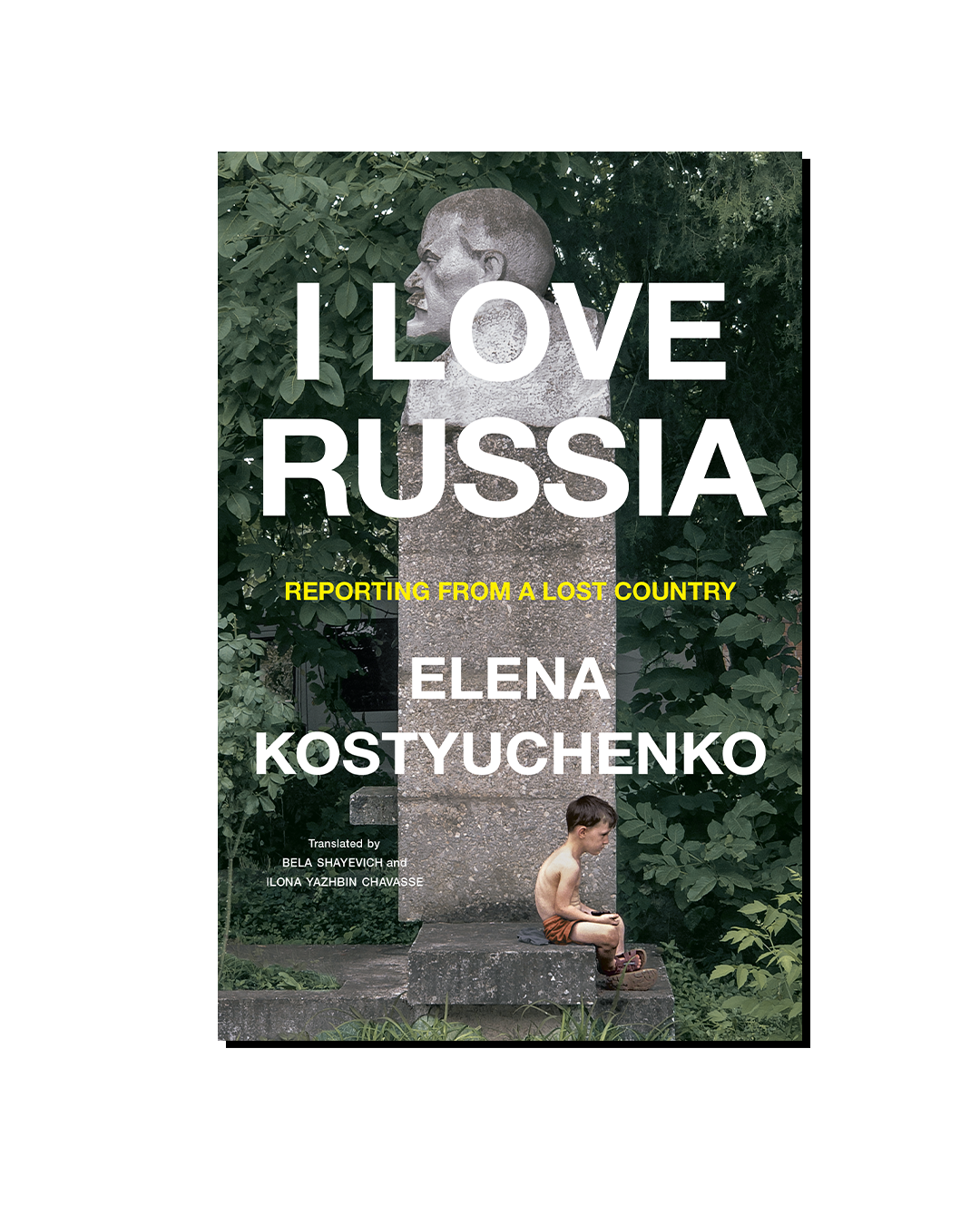What’s a Sad Wolf To Do?: On Lauren Haldeman’s “Team Photograph”
Comics show eyes, minds, people where to go, how to organize spatial information, what’s important, what to see. Photographs don’t, or not in the same way: maps do.
Some Ekphrastic Evening: On Fred Moten’s “perennial fashion presence falling”
He emphasizes the way that content prophesies form, or the way that form supervenes upon content—which is to say, he emphasizes the way in which the void leaps and sticks its landing.
Brutal Naturalism: On Luke Johnson’s “Quiver”
The desire to flay and spread open the guts, to commit sin and confess it, to claim responsibility by way of observational learning.
Economies of Guilt: On Fernanda Melchor’s “This Is Not Miami”
There is an established tradition of Latin American novelists who started off as journalists.
Looking for Gauraa in “Notes”
Novels narrated through IMs or letters can manipulate the space between messages, relying on the reader to intuit the gap between what someone might be feeling and what they might be saying.
A Real and Un-Automated Horse: On Brian Merchant’s “Blood in the Machine”
Merchant demonstrates that to act as a Luddite is to be anything but out-of-touch: it is to mobilize a common sentiment that marches from the past, and to stride as part of a collective toward a more equitable future.
Only This or That: On Maggie Millner’s “Couplets”
You thought you knew everything about couplets, and then realize there’s something new to discover in the familiar form. An uncovering of fossils, a tomb whose bones are still intact, jewelry in place and shining around the dusty vertebrae.
This Macabre, Whirling Orgy: On Márcia Barbieri’s “The Whore”
In the new post-apocalyptic world, the litany has been lost, the prater silenced. Catastrophe discards everything into the same junk pile of existence; which is to say, catastrophe turns everything into junk.
When We Look Away: On Christine Hume’s “Everything I Never Wanted to Know”
In many ways, Hume’s book is about the urge to look away from the brutalities and misogyny woven into daily American life. It’s also about what happens when we stop doing this: when we stop averting our eyes and look plainly.
Languages of Exile: On Aria Aber and Solmaz Sharif
What may seem at odds—Rilke and exilic Afghan selfhood, the DMAT and exilic Iranian selfhood—is connected and made whole. All become one in a language where poets imagine impossible homes for their fractured selves.
Out of the Seeming Blue: On Fanny Howe’s “London-rose”
For years, she has stared at the invisible, the unmanifest, and seen it anyway. It is only sufferers who need a name for the silence we live with, who are unable to relinquish hope.
Spring or All Desertion: On Walt Hunter’s “Some Flowers”
The function of repetition, of questions being asked toward impossibility, is to create the conditions by which prayer becomes a conceivable way of engaging with the world.
Nesting in the Wires: On Mário de Andrade’s “Macunaíma”
If the act of translation is often reduced to a dichotomy of foreignization and domestication, Dodson’s work is an interrogation; apropos of the book’s slippery relationship to the idea of national identity, of what constitutes the foreign and domestic in the first place.
Milk Money: On Laura Mullen’s “EtC”
Mullen hands us this unsellable product of the Diary Industry as if it were what we’d always wanted—a project book stripped of recognizable content by the very process of that projection. It’s genre-ending.
Unraveled Narratives: On Annie Ernaux’s “The Young Man”
After we peel back the narratives that we spin subconsciously, those stories that are shaped by external forces—whether capricious lovers or restrictive laws—maybe we are free to craft new ones.
Andy Warhol Has Been Shot: On Nicole Flattery’s “Nothing Special”
But if it’s impossible to determine the combination of forces that might elevate a woman to the status of It Girl, that doesn’t mean we have ever stopped trying.
Sisyphean Domesticity: On Mieko Kanai’s “Mild Vertigo”
An inchoate despair is the dominant mood of the novel, as Natsumi’s feelings of emptiness, dizziness, and vertigo collide against her Sisyphean rituals of domesticity.
Ordinary Russians: On Elena Kostyuchenko’s “I Love Russia”
It’s not an exaggeration to say that the story of Elena’s own life is the story of the Russia that was decisively lost in February 2022.
Phosphorescent Romanticism: On Magda Isanos’ “Homecoming”
Like a smothering deformative blight, these poems arrive in remission, the moment before full collapse, a slipstream incongruity between locations, futurities, and the clouded cataracts of speculation.
Take Me Out to the Data Field: On Evan Drellich’s “Winning Fixes Everything”
Baseball’s current executives cannot advance the sport as an antidote to the forces that make our lives less lifelike. The logical conclusion of their approach is the slot machine. The desired consumer is not a fan, but an addict.

